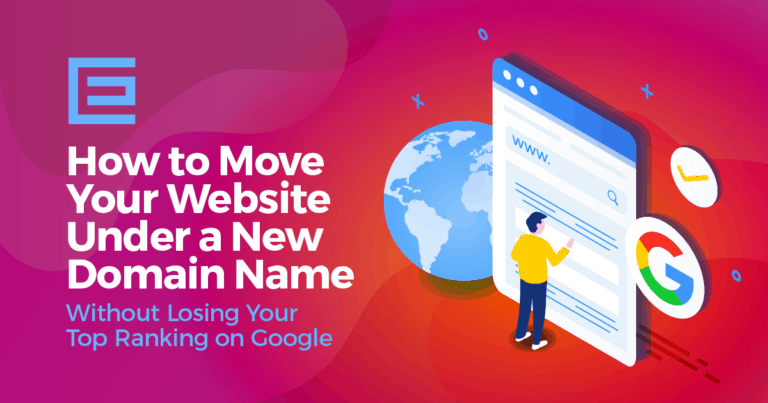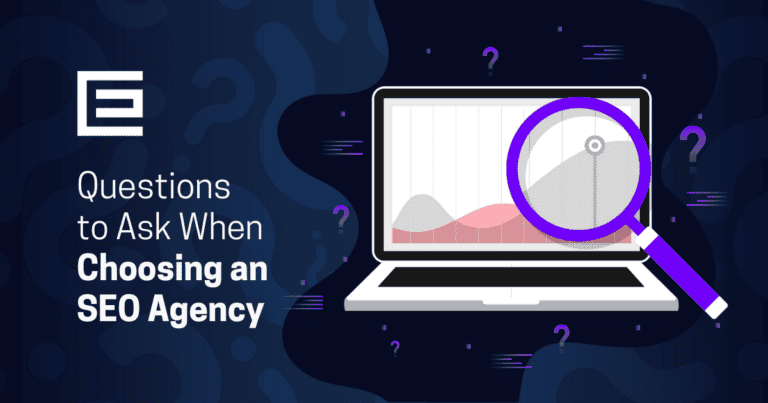- Keep from Using the Manufacturer’s Original Product Descriptions: It is easy to copy and paste from the manufacturer’s site, nevertheless fight the impulse. At a minimum effort, re-write the product descriptions to avoid duplicate content.
- Make an SEO Keyword Area within the Product Database: In the same way each item record in the company catalog includes a name and price, along with other characteristics. It makes sense to develop an SEO keyword area that’s viewable within the title tag, meta description, meta keywords, H1 headers, and ideally the body also. While you add more items to the website, add the most commonly searched keywords into that area. Not every person will research by using a brand name or even a product number, consequently this approach will definitely help the product pages rank well for long tail keyword searches.
- Concentrate on Single Keywords and Phrases on the Product Pages: Generally speaking, consider optimizing for plural keywords on the home webpage along with any other landing pages. Concentrate on single phrases on any product webpages by simply applying the keyword field described earlier.
- Keep Product and Category Links Simple: Preferably, web addresses ought to be comprised of keywords, never unsearchable company names or other such words. If you don’t have access to URL re-writing programs, at the bare minimum control the amount of words given in the website address.
- Keep the Products Close to the Home Page by a Couple of Clicks: It’s important to keep the product pages as close as you can to the best source of PageRank. A lot of websites wind up burying part of their product catalog under numerous pages with categories and subcategories. This can be avoided simply by increasing the number of products per page.
- Use Unique Title Tags: Although it is arguable whether or not a businesses name is supposed to be at the front of the title tag, almost all are in agreement that one shouldn’t have additional keywords which are duplicated in each tag. As an example, if you had a business name of ABC Paper Company, feature just your business name in title tag, not “ABC Paper and Paper By Products.” Utilize the least amount of duplicate content as you can so that you can avoid watering down the benefit of the remainder of the words throughout your title tag.
- Use Unique Description Meta Tags: Some like to put the identical product description which shows up on the product page within the meta description tag. This will guarantee unique information for every product page.
- Use Unique Keyword Meta Tags: Meta tags, such as keywords and descriptions, need to be totally different on each product web page. Although meta information probably won’t directly impact ones ranking, original tags can prevent penalties for duplicating content. Additionally, do not “stuff” irrelevant keywords into your meta tags. They need to be relevant to a specific web page that they appear on.
- Utilizing Unique Product Testimonials: An excellent technique to guarantee distinctive content is by showing customer generated content. Allowing clients to review merchandise they have purchased or to comment on products in general can really help SEO.
- Use Internal Contextual Links: Navigation links will not provide the search engines very much information regarding a web page. Try linking to a relevant page using keyword rich anchor text within a paragraph.
- Try Allowing Product Tagging: Most of us are familiar with the concept of tagging from social media such as Facebook, Twitter, and YouTube. Allow your potential buyers to tag products using their own keywords. This way, you are likely to begin ranking for keywords you might never have thought of by yourself.
- Page File Names: Whenever possible, make use of keyword rich page file or permalink labels. A permalink or page file name such as www.mysite.com/product-name tells Google a whole lot more compared to a web address like www.mysite.com/product?id=4958
- Use Links within Product Descriptions: Develop keyword rich links within product descriptions where one product links to another. This is an extremely powerful technique with regard to looking for long-tail keywords.
- Develop Crawl-able Navigation: Avoid JavaScript based navigation structures that don’t allow spiders through. If you’re stuck with one, at least duplicate your navigation in the footer of every page with normal hyperlinks.
- Do Not Stuff Keywords in Your Navigation: This is not only useless but tacky as well. Keywords which appear globally within your navigation on each page are not quite as essential as they were once. Rather, utilize keyword rich anchor text within a paragraph of relevant text directed at the significant webpages.
- Never Use “More” or “Read More” Links: For your product category pages, be sure to hyperlink to your individual product pages using anchor text which is made up of more than simply words like “Read More” or “See More.” Non-specific words like these tell search engines absolutely nothing regarding your product.
- SEO Your Images as Well: Images are now popping regularly on the search engine results pages. So, every graphic image in your website really should be SEO’d. Make certain every product image has completely unique title and alt text properties. You’ll see an incredible boost in website traffic coming from Google Image search. Simply by populating the title and alt text using the product and brand name. Those visually challenged will benefit as well.
- Optimize Your Internal Site Search: Many of those who find your site through SERPs will more than likely use the same search term to search your site for what they’re looking for. So, it’s important to have your “site search” enabled and optimized so they can find what they want quickly. This is more of a usability tip than and SEO tip.
- Develop Landing Pages for the Brands You Sell: Should your website sell branded merchandise which consumers might be looking for, create an optimized landing page for each brand.
- Utilize Title Attributes within Links: With regard to all of the anchor text in your website, make sure to utilize suitable title attributes (e.g. <a href=”page.html” title=”keyword goes here”>) to be able to present to search engines additional details pertaining to just what your page includes. Though not as crucial as the proper anchor text, title attributes tend to be included in the ranking algorithm in some manner.
SEO for a large eCommerce site can be overwhelming. Should you need professional help getting it done, the SEO professionals at TheeDigital can help. Don’t hesitate to call us at 919-341-8901 or schedule a consultation with one of our SEO experts today.
Tags: Digital Marketing • Ecommerce • Search Engine Optimization




